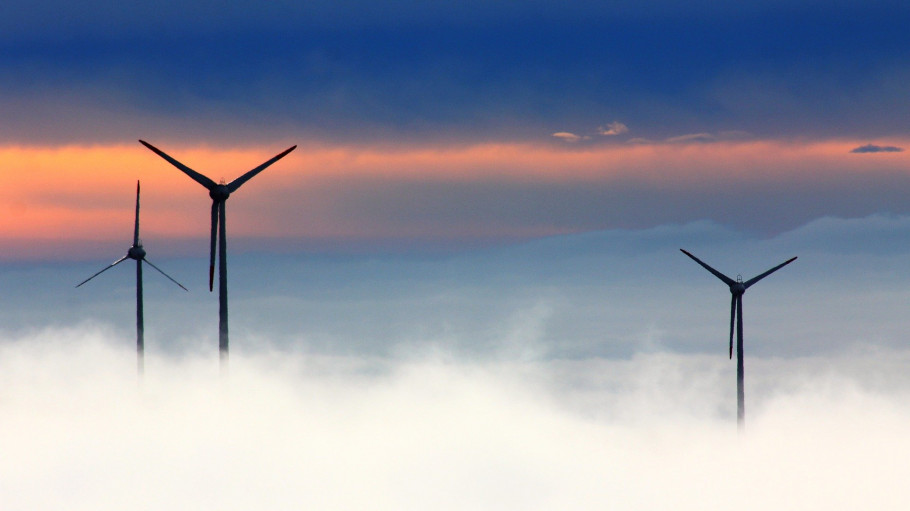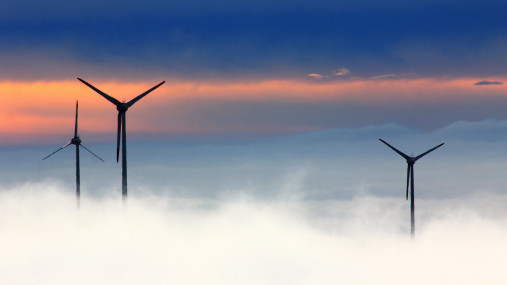
Publications » Position papers » Statement from the Alliance of Energy Intensive Industries on the 'Clean energy for all Europeans' package
Statement from the Alliance of Energy Intensive Industries on the 'Clean energy for all Europeans' package
Downloads and links
Recent updates

The Alliance of Energy Intensive Industries (AEIIs) represents more than 30,000 European companies. Together, these are amongst Europe's largest energy consumers and directly employ more than 2.8 million people. The AEII wants to make a success of the Energy Union. We see it as a potential enabler for European industrial competitiveness and as a unique opportunity to deliver on Europe’s ambitious transition to a low-carbon energy system.

Download this publication or visit associated links
Developed with the support of the Offshore Wind Foundation Alliance and European Wind Tower Association, the position paper outlines the strategic importance of wind components for Europe’s green transition and calls for targeted measures to strengthen their role within the NZIA.
Brussels, 2 April 2025 - The latest data unveiled by the OECD in its meeting in Paris draw an extremely worrying picture, where global steel excess capacity is expected to grow from an estimated 602 million tonnes in 2024 to 721 million tonnes by 2027 – over five times the EU's steel production. The European steel industry - already severely hit by the spill-over effects of global overcapacity and the U.S. steel import tariffs - reiterates the crucial need for strict and effective EU post-safeguard measures to ensure its survival.
Brussels, 19 March 2025 – The Steel and Metals Action Plan, unveiled today by the European Commission, provides the right diagnosis to the existential challenges facing the European steel industry. Concrete measures need to follow swiftly to reverse the decline of the sector, re-establish a level playing field with global competitors, and incentivise investment and uptake of green steel in the market.